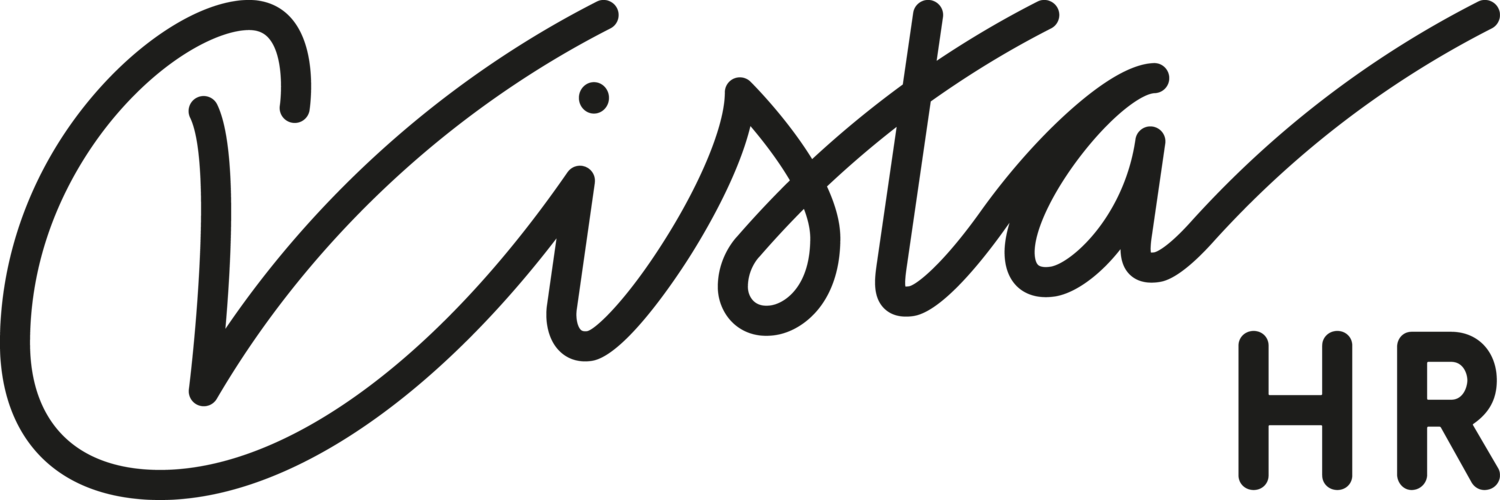Exit interviews are conducted on the last couple of working days with the employees and are administered by the Human Resource (HR) department. We should give exiting employees that we are keeping information in strict confidence and they can speak their piece of the mind.
You are not conducting exit interviews to keep the employee nor persuade the employee to retract the resignation. You want to find out on what can be done further to mitigate or reduce the rate of resignation.
Always explain the purpose of exit interview
We need to address to the exiting employee that the exit interview is not conducted to put blame on anyone but to prevent further losses to valued employees. You want them to speak the truth as much as possible to have an accurate assessment or analysis for any changes ahead.
Conduct in private, and must be one-to-one
Never let employee think that you’re ganging up with someone to forcefully question him. More interviews might look intimidating and exiting employee might appear less reluctant in honest speeches.
Have a set of standard questions ready.
You need the information for further assessment and analysis. Set standard questions, however, if you feel that you need the employee to elaborate further, you should write it in where appropriate. The set of questions may change accordingly for different level of employees. You might want to understand a different point of view from the rank-and-file and also the management and executives employees.
Keep all info in strict confidence
As much as you don’t like others speaking behind your back, then do not be the shit-stirrer. No matter what the employees has said, all information should be dealt properly with strict confidence. Assure the exiting employees that information is used for assessment and be used anonymously. This shows the professionalism of the HR team too.
Tabulate all information
If the reasons on why the company cannot detain valued employees and are the key reasons on highlight, you might want to set up a committee from different HR functions to come together to explore possible ways to prevent further losses. Some actions can be acted upon immediately but of course, if there are major improvements to be acted upon, it takes time and justifications to convince the management for approval.

